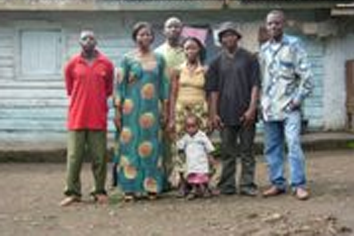
At the University of Buea we are performing a family trio study to investigate the genomic basis of resistance against malaria for Consortial Project 3. For this study we needed to identify families where the mother, father and child were all willing to participate. To do this we faced multiple challenges around designing appropriate informed consent processes.
Recruiting Family Trios to the Study
First, we identified 40 families. To obtain consent for the trios we approached family heads and discussed the study with them. It was quite difficult to convince all three healthy individuals (child, mother, father) to donate blood. There were concerns about contamination (e.g. HIV), fear of witchcraft and of money rituals (especially when the idea of the trio was mentioned). It was also challenging to explain the idea of research and genetics in plain language. Initially this resulted in recruitment rates of only 25%.
Lessons Learnt from our Experiences
What we learnt from our experience was that community leaders are instrumental in adding credibility and dispelling the fears of potential participants. We identified recognised leaders who were informed about the study and asked for their support. These leaders accompanied clinicians on house visits to discuss the project's objectives, its risks and its benefits. Trust was enhanced by discussing doubts and questions directly with the research team members in the presence of community leaders. We also learnt that using local languages and dialects helped to facilitate communication. We eventually obtained recruitment rates of 90%.


